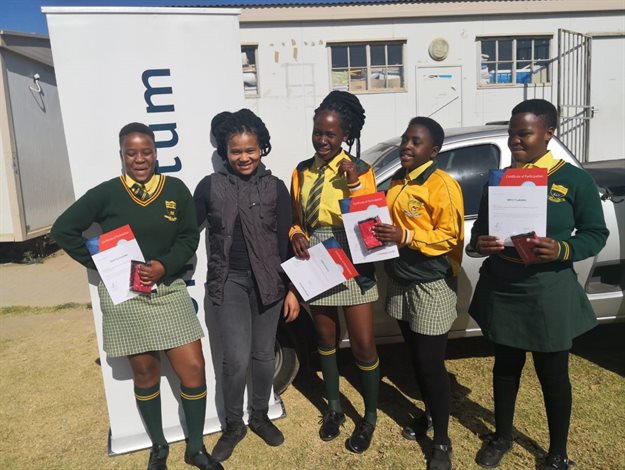
Top stories




ESG & Sustainability#BudgetSpeech2026: SRD grant unchanged, other Sassa social grants see hike
5 hours


More news











ESG & Sustainability
South Africa’s carbon tax should stay: climate scientists explain why











Nkosinathi Mahlangu, Portfolio Head of Youth Employment Programmes at Momentum, says that this growing sense of financial vulnerability goes hand-in-hand with the country’s notoriously low levels of financial literacy. “We know that financial literacy is a significant predictor of consumers’ savings habits, so in order to improve these habits and make South Africans less financially vulnerable, we need to raise the level of financial literacy across the board.”
The best way to do this, according to Mahlangu, is to include financial literacy as part of the school curriculum for South African learners. “We need to get children to understand the value of money, saving and investing whilst they are still young, so that they are empowered with knowledge to make sensible decisions when they grow up. By doing this, we will create a more financially secure future generation.”
This was the thinking behind the Money Making Board Game – an educational board game introduced by Momentum to encourage high school students to learn about financial lifestyle choices, with a focus on budgeting and saving. The overall objective is to equip the learners with skills and knowledge to make informed financial decisions in their immediate and short-term (two-three years) future.
Targeting Grade 9 learners from lower-income backgrounds, the multi-level board game was designed and structured to be played over a six-week period, by 30 to 50 learners at a time, Mahlangu says. “The learners meet once a week with trained and experienced facilitators, who assist them through appropriate content facilitated via the board game. The training sessions are highly interactive, and linked to homework tasks, to allow for progression and subsequent learning.
“In doing this, learners are also exposed to other supporting financial capabilities such as communicating about money and record keeping,” he adds.
The board game-led workshops were first piloted in 2015 as an extra mural activity in five schools, before increasing to seven schools in 2016. In 2017, the number of schools was increased to 10, and the lessons were integrated into the school day, forming part of Life Orientation and EMS in some schools.
Mahlangu says that the results have been overwhelmingly positive, proving that the Money Making Board Game is an effective method of delivery for the students. “Participating students reported that they are more aware of their finances following the training sessions, and their attitudes towards real-life finances have changed as a result.
“Importantly, participants have also reported that they informed their friends and families about what they have learnt in the sessions. This will hopefully have a knock-on effect and improve the levels of financial literacy in their homes and communities,” Mahlangu concludes.